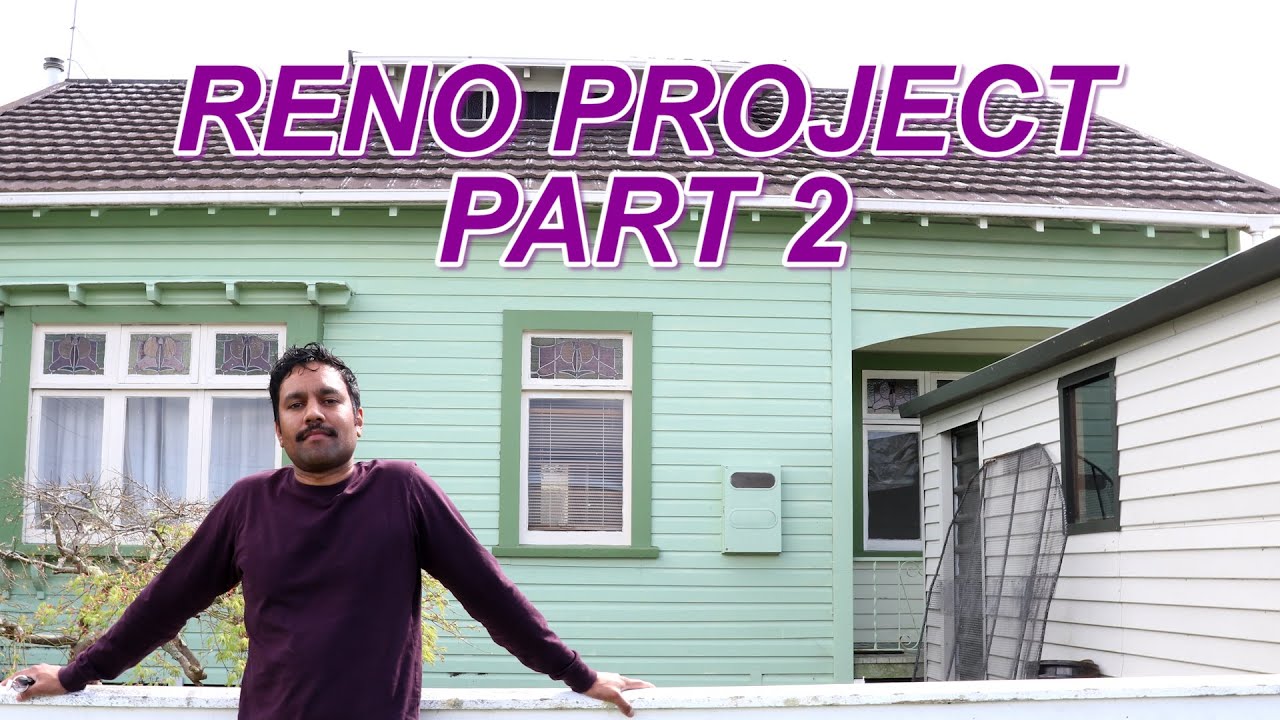As someone who has quit his full-time job to do property investing, Tama Singh knows the critical considerations for anyone contemplating the transition. Drawing from his personal experience, Tama breaks down exactly how to transition from a full-time job to property investing.

“Think about who else depends on your income before quitting your job full time. If you’re single and young, you can take bigger risks”
-Tama Singh
10 Helpful tips to know before you quit your job
1. Understand Your Financial Position: Before quitting your job to do property investing full time, assess your current financial situation. Aim to have at least $10,000 in savings and clear any bad debt, such as credit cards and personal loans.
2. Maintain Reliable Income: Your full-time job provides a level of serviceability that banks appreciate. This can impact your ability to secure loans for property. If you are going into property flipping, second-tier lenders do not look into your reliable income as much but it could still be an issue if your debt position is high.
3. Communicate Your Plans: Discuss your intentions with family and friends. This can help you gain support and possibly identify potential joint venture partners. They will also be wary of bombarding you with expensive outings, dinners or holiday invites.
4. Focus on Cash Flow: When selecting properties, prioritize those that offer high cash flow rather than relying solely on equity growth. Multi-income properties, or even those rented by the room can provide substantial income.
5. Prepare for Unexpected Costs: Understand the potential for unexpected expenses in property management and renovations. Ensure you have contingency plans in place.
6. Explore Additional Income Streams: Once you transition to full-time investing, consider learning new skills, such as deal sourcing to generate additional income. Learning skills to do with property renovation, such as painting could also be a good income earner.
7. Network for Opportunities: Leverage your existing relationships and network to find potential partners and investment opportunities. After all, you should have a lot more time up your sleeve not being chained to a desk for 40 hours a week.
8. Stay Informed About Tax Obligations: Familiarize yourself with tax implications, especially regarding GST and income tax, to avoid unexpected financial burdens. A meeting with a good accountant before resigning is a good idea.
9. Start Small and Scale: Instead of waiting for a “big win,” consider taking on multiple smaller projects to build experience and income more quickly. This will also provide less risk as smaller deals require less of your very valuable capital.
10. Have a Backup Plan: Always have a contingency plan in case your investments do not yield the expected results. This could involve having a safety net or alternative income sources.
Prepare for hard work and accountability—there won’t be a manager to step in when challenges arise. You may need to invest more hours than you did in a full-time job. Stay sharp by reading business books, networking with people smarter than you, and joining the Leaders platform.
If you follow these tips and understand the risks involved, you can make a more informed decision about transitioning to full-time property investing. Of course, always speaking to a financial advisor is recommended and InvestorPro Leaders connect our members with the best advisory team.
Watch Tama break it down in this Youtube Video: https://youtu.be/T64ktf87r8g






